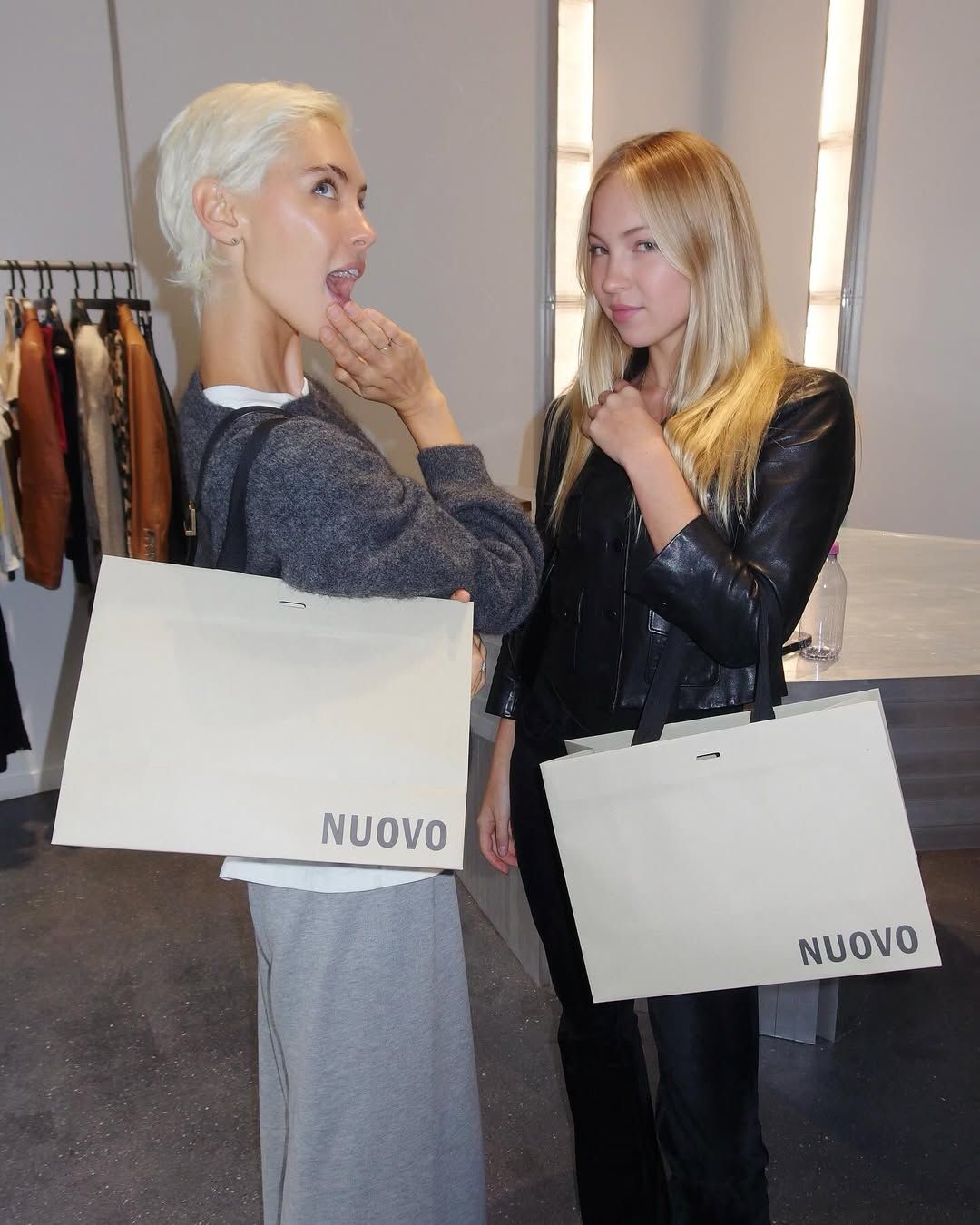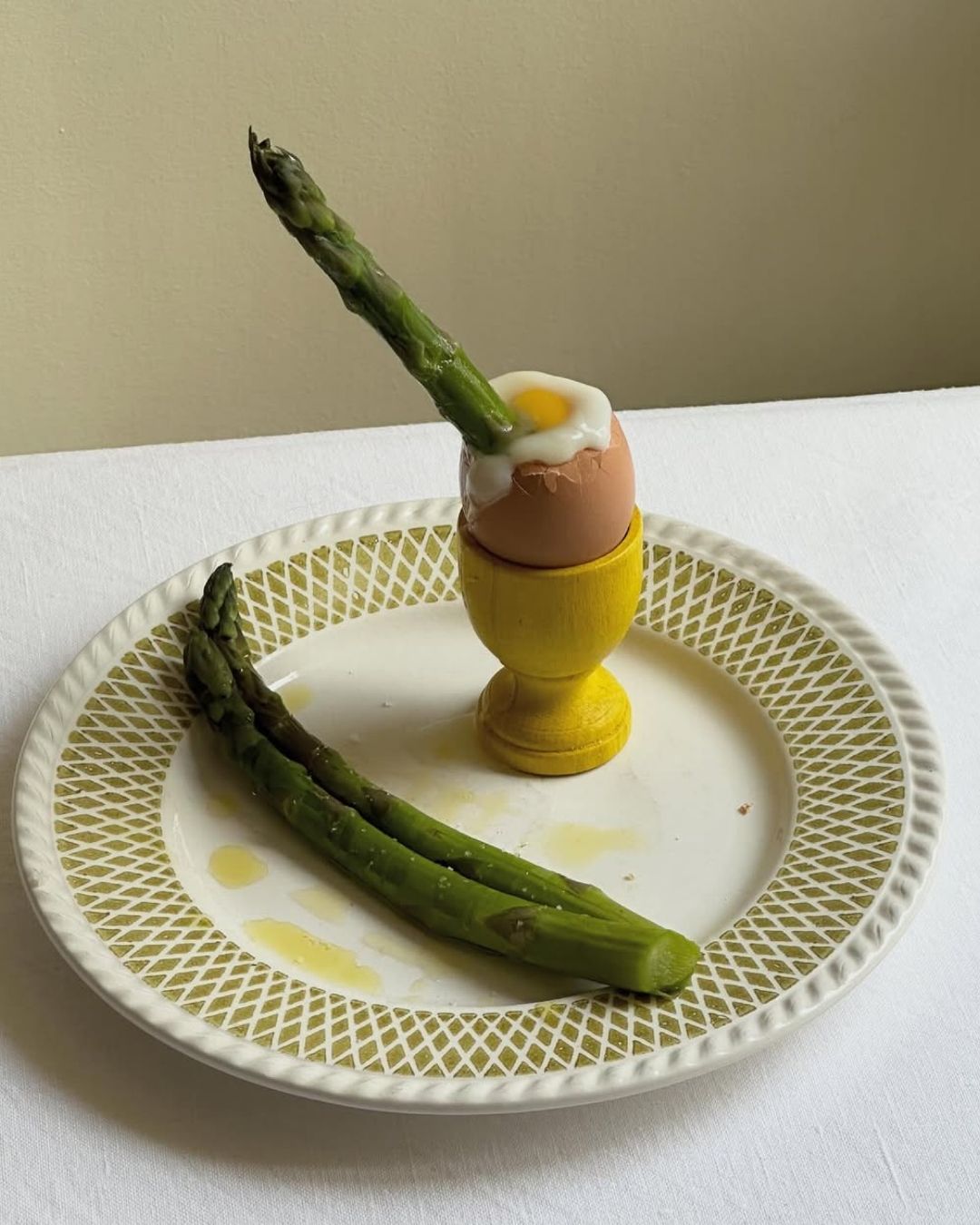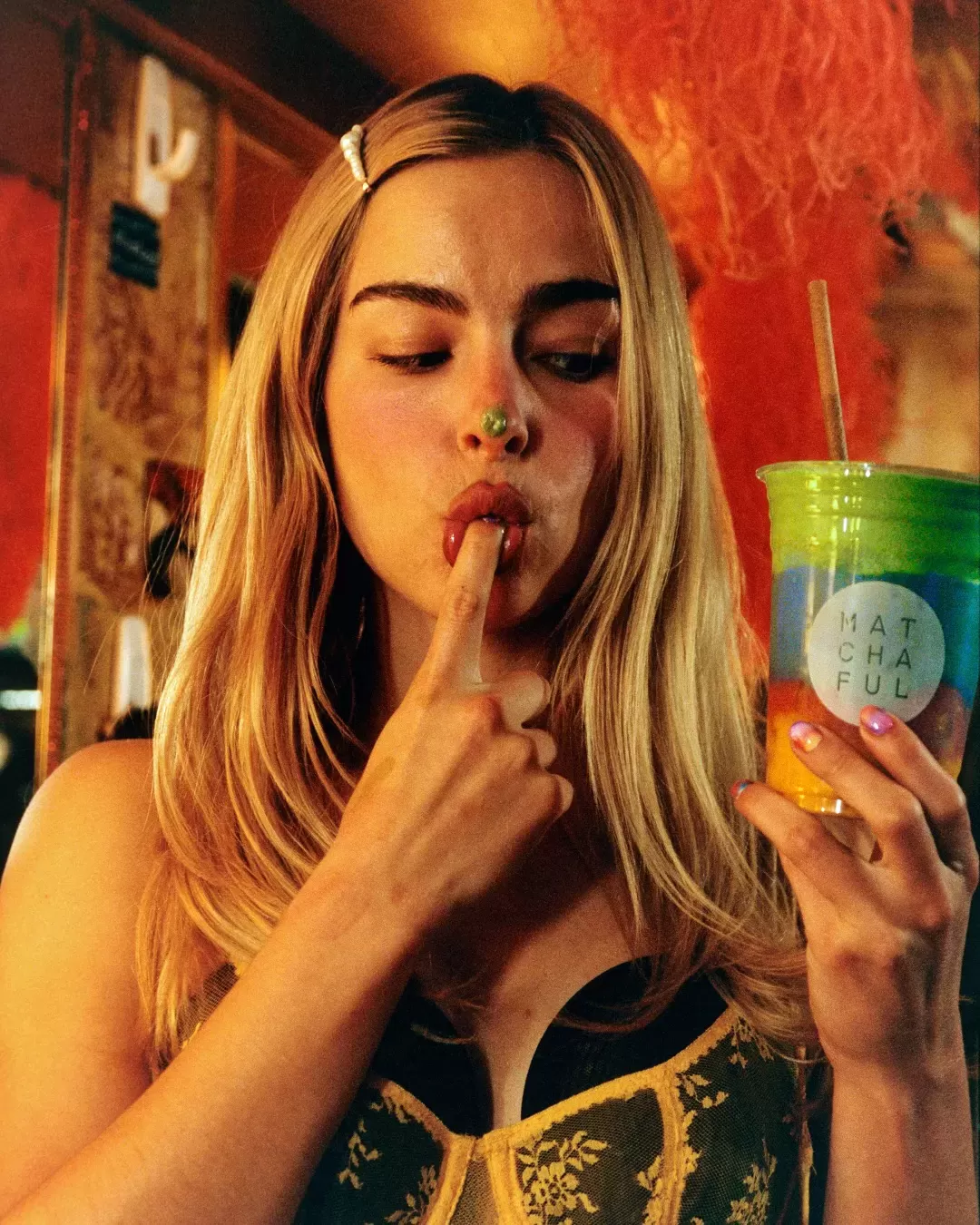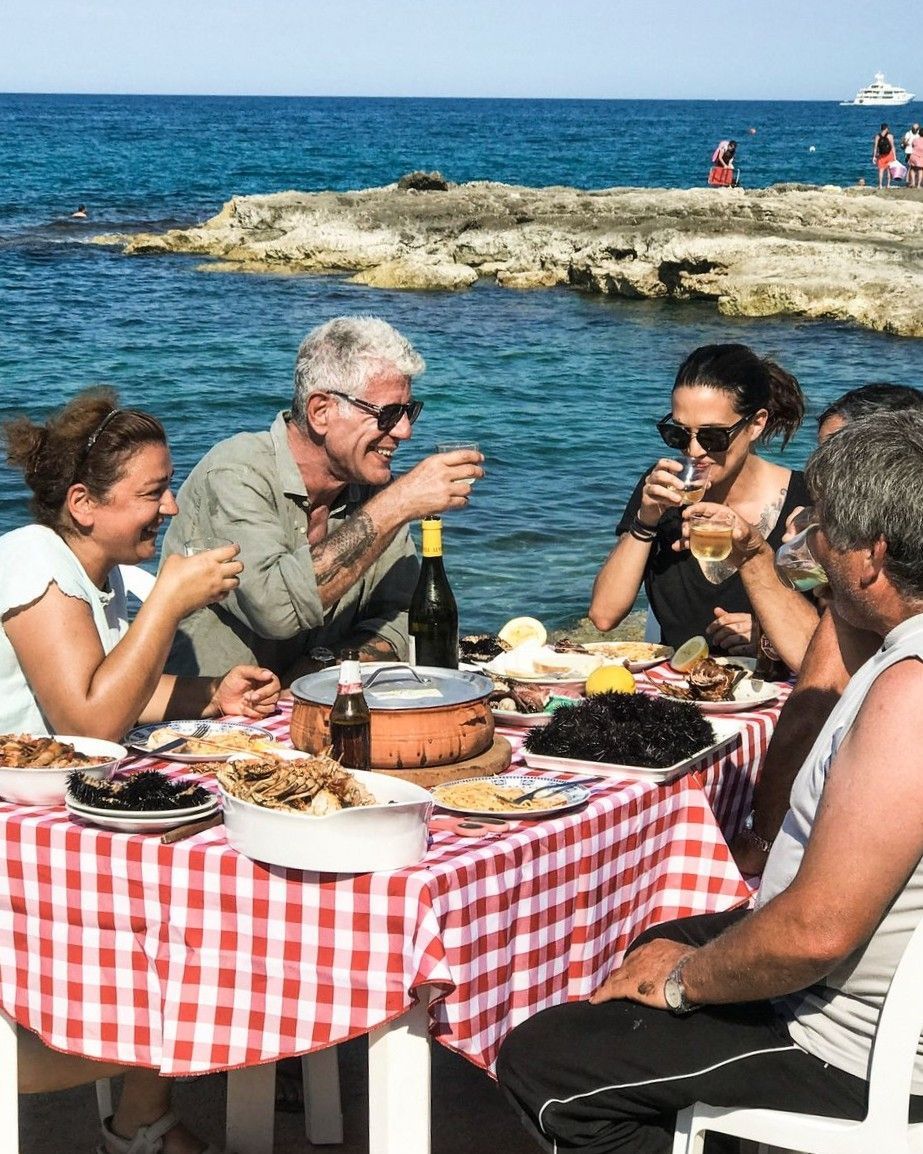
The secret of becoming a chef is working your way up Interview with Aurora Storari, Roman pastry chef hosted by Masterchef Magazine
Thanks to the success of cooking shows, in recent years the myth of the starred chef has become public knowledge, leading to an exponential increase in the number of people who, moved by watching a couple of seasons of Masterchef, have begun to dream of turning their culinary passion into a real job. But how does one become a chef? If in Italy and most of Europe attending cookery school has always been considered an important step before the inevitable apprenticeship, in the United States and other countries such as England and Australia, culinary school is often skipped altogether and aspiring chefs go straight into the gavetta or "an internship". Where someone has cooked and with whom, carries a lot more weight than where someone has gone to culinary school, along with a solid reputation among peers in the industry.
Roman pastry chef and Masterchef Magazine guest Aurora Storari, who works in Paris, admits that even the importance she attaches to where a chef or cook went to school has diminished over the years, as the French view of a chef's career is becoming more similar to that prevalent in the US, a growing tendency to value experience over schooling: "I don't think it's relevant what you studied, you might have done a thousand courses but it doesn't mean anything". It is often believed that countries like Australia and the US are home to more 'meritocratic' realities where hard work and perseverance pay off, so in the context of a professional kitchen it is common to see someone start from the bottom and work their way up quickly. While many aspiring chefs, or even executive chefs with established businesses in the United States, take a sabbatical to come to Italy and "put themselves on the map" by learning new techniques and discovering new notions about raw materials, for an aspiring chef born and raised in Italy the path is different and far more complex. "In France, for example, there is a private insurance that varies according to your job," Chef Storari told us, explaining why he decided to leave Italy. "Since I am a chef, I might need an osteopath and other types of specialists. In France, according to my contract, I'm a chef and I'm framed as such, it's a protection that we don't have in our country."
With the success of programmes such as MasterChef and Top Chef Italia, interest in the food sector has grown exponentially, but the difference between being a chef on television and actually doing the job is quite different, amidst a number of myths to dispel and some truths to confirm. "Maybe it's bad to say, but willpower is not enough," commented Chef Storari. "There are compulsory steps in this job. You need manual skills and the time to develop them, so experience is still fundamental. One year of work and a few internships are not enough to consider yourself ready to command a kitchen. You can be talented or imaginative, but you need a solid base." Add being a female chef in a male-dominated industry and the dynamics of the job become even more complex. "Definitely as a woman, there are different frameworks. What I'm saying is that 'if you want to, you can' is very relative. Let's be honest, how many women are in charge in the kitchen? How many have escalated? The only chef I know who has escalated is in London, who became the chef of a 3 Star. The other 3 Star chefs are there but they are chefs who own their own restaurants."
It has been proven that representation in the media is crucial. Television programmes with a strong following such as MasterChef Italy can be important channels to establish oneself in a competitive and closed world. Indeed, many female chefs including Stella Shi, Tracy Eboigbodin, Marisa Maffeo and, of course, Antonia Klugmann, the first female judge on MasterChef Italia, have been fan favourites on the programme. In the case of Chef Storari, it was the pastry chef's unique style that caught the attention of the Masterchef Italia producers. The unexpected call for Aurora seemed to come out of nowhere and while she admits she was nervous in front of the camera at first, the chef felt at ease as soon as she started cooking, knowing she was there to do what she already does in her day-to-day. "It was unexpected because I didn't think he would contact me to come up with such recipes. It's something I've been doing forever...my baking style is pretty much that - a mix of cooking and baking." Developing a culinary style is another process that takes years and actually never stops evolving. Looking at current food trends can help with creativity, but to avoid copying, personal exposure is a necessary part of the creative equation. "Travelling, being curious and having an open mind are important factors that contribute to a chef's approach. Certainly meeting different people and cuisines helps a lot. In Italian cuisine, we tend to stick to our own little garden or to trends that don't belong to us; following trends depersonalises us." It is clear that working abroad has influenced the Roman chef's style and it is something that continues to drive her inspiration.





















































